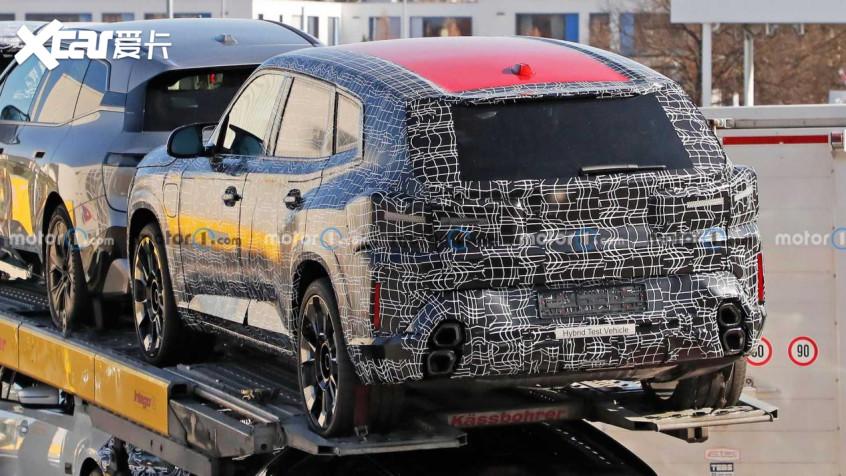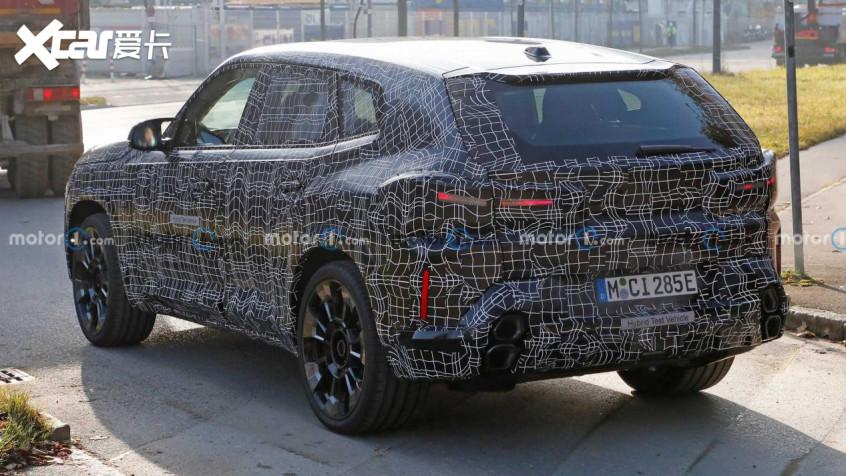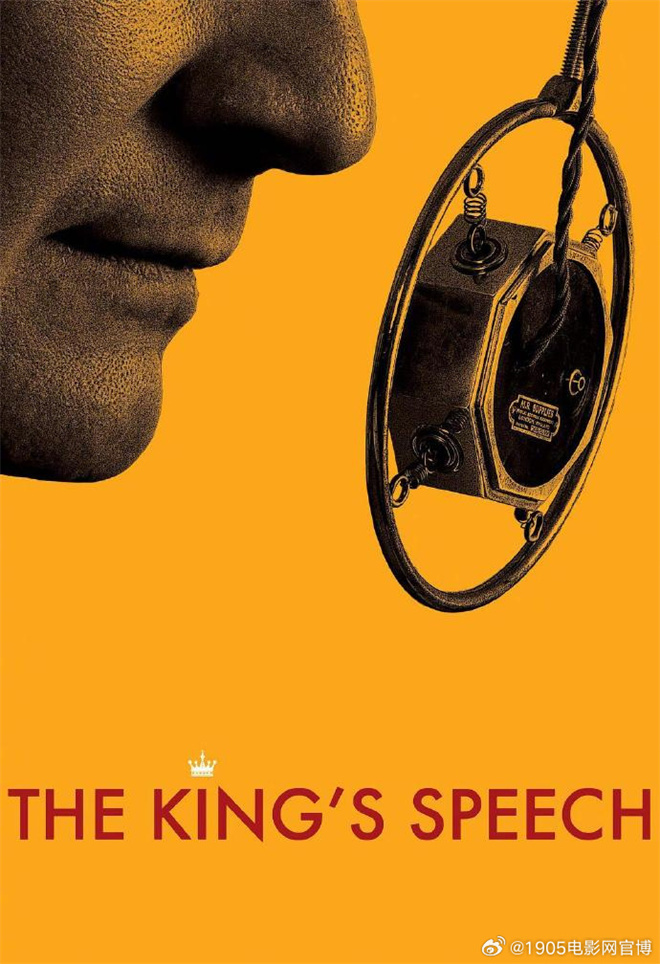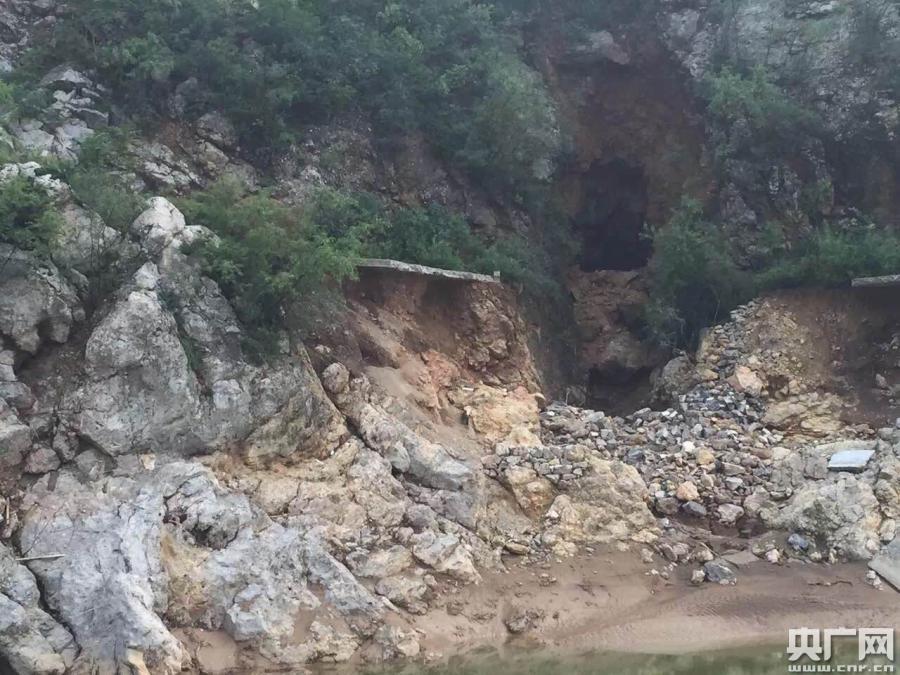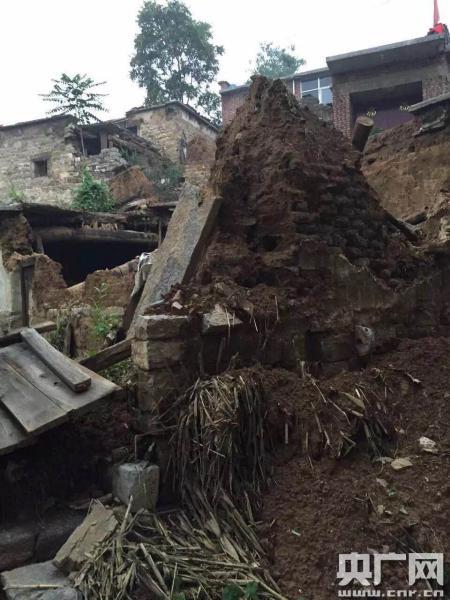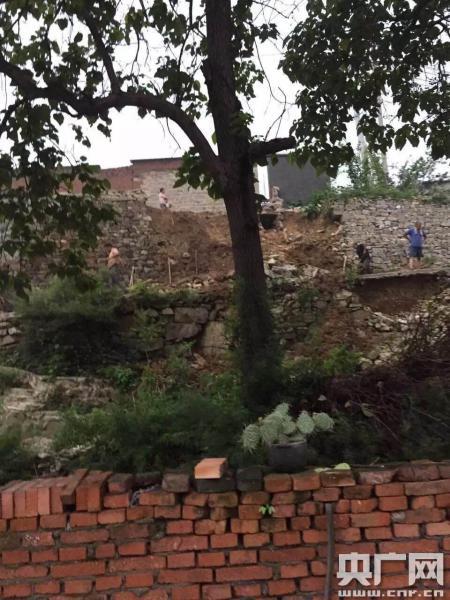Vehicle intake engine was electrocuted when it was dropped by a bubble wire.
Who should pay for personal injury and car damage in the rainstorm?
On August 22, Zhengzhou suffered a large-scale rainstorm again. At 16: 55 on the same day, Henan Meteorological Observatory issued a red rainstorm warning. Many Zhengzhou citizens are worried that their vehicles will be flooded and park their cars in high places such as viaducts to avoid danger.
In recent years, accidents such as flooding of vehicles and soaking of engines caused by torrential rains have occurred frequently, which has also caused many disputes. Who should bear the losses caused by torrential rains?
The judge reminded
In case of rainstorm, in order to avoid personal and property losses, you should also improve your duty of care, such as parking your car in a relatively safe and high-lying place as far as possible, not in the underground garage to prevent rainwater from flowing backwards. At the same time, try to stay at home, reduce going out and pay attention to safety. If you have to go out due to special circumstances, stay away from transmission lines and trees to avoid accidents. If you suffer losses, you need to pay attention to retaining evidence and correctly use legal weapons to safeguard your legitimate rights and interests.
Case 1
Cause: It rained heavily outside the car and it rained lightly inside.
Judgment: the rainstorm is not a near cause, and the insurance does not pay.
■ Noun explanation
Proximate cause:Proximate cause refers to the most direct, effective and decisive cause of loss between risk and loss.
After a heavy rain last summer, Mr. Liu found that there was water in his car. He went to the insurance company to make a claim, but the insurance company said after inspection that it could not pay. In order to discuss a statement, Mr. Liu appealed to the court.
During the trial, the insurance company clarified the reasons for refusing to pay compensation: according to the on-site investigation, the vehicles involved in the case were flooded due to natural wear, corrosion, failure and their own quality defects, so according to the contract signed by both parties, the motor vehicle loss insurance liability exemption agreement should be applied.
After hearing the case, the court held that according to the principle of proximate cause in insurance law, in the relationship between risk and damage to the subject matter insured, the most direct, effective and decisive factor that caused the loss of the subject matter insured should be comprehensively investigated, and whether it is the proximate cause that caused the damage to the subject matter insured should be determined.
The evidence in this case shows that rainwater seeped from the top of the vehicle. Under normal circumstances, the car damage caused by heavy rain often leads to rainwater infiltrating into the car from the bottom or periphery of the car. The infiltration of rain from the roof is an unconventional situation, and the fundamental determinant is not whether it rains, but because of the problems in the drainage and rainproof performance of vehicles. Therefore, the rainstorm was not the immediate cause of the vehicle flooding in this case, and the court rejected Mr. Liu’s claim accordingly.
After the verdict was pronounced, Mr. Liu appealed. The original judgment was upheld in the second instance, and the case has now come into effect.
■ Judge’s statement ■
Heavy rain is not necessarily the immediate cause of car damage.
On March 14th, 2012, insurance association of china issued the Model Terms of Commercial Motor Vehicle Insurance in insurance association of china (2012 Edition), which stipulated that during the insurance period, the insurer should compensate the insured motor vehicle for direct losses caused by the following reasons: lightning strike, storm, rainstorm, flood, tornado, hail, typhoon and tropical storm.
At the same time, the insurer is not responsible for the following losses and expenses: natural wear and tear, corrosion, corrosion, failure, and its own quality defects; The wheel is damaged alone, the glass is broken alone, the car body scratches without obvious collision marks, and the loss of new equipment; Engine damage caused by water entering the engine.
It can be seen that the rainstorm in flood season is not necessarily the near cause of vehicle damage. The judge pointed out that under normal circumstances, the car damage caused by heavy rain mostly refers to the situation that rainwater seeps into the car from the bottom or periphery of the car due to water accumulation on the road during driving or parking. If it can be confirmed that rainstorm is an effective proximate cause of vehicle wading and vehicle flooding, the insurance company shall be liable for compensation according to the principle of proximate cause.
Case 2
Cause: the engine entered the water without passing the accelerator.
Judgment: the claim for exemption in advance was rejected.
Also last summer, when Mr. Dou was driving in the rain and passing through a stagnant water, Mr. Dou tried to rush over with one foot on the accelerator. As a result, the vehicle went out and the engine was damaged after inspection. Mr. Dou filed a claim with the insurance company, arguing that rainstorm was the main cause of the accident. However, the insurance company took out the exemption clause and refused to pay compensation.
During the trial, Mr. Dou insisted that the insurance company was liable for compensation. The agent of the insurance company took out the contract between the two parties, explaining that the "insurance liability" in the comprehensive commercial insurance clause of motor vehicle insurance involved clearly stipulated that during the insurance period, the insured or its allowed drivers caused direct losses to the insured motor vehicle due to "lightning strike, storm, rainstorm, flood, tornado, hail, typhoon and tropical storm" during the use of the insured motor vehicle, which did not fall within the scope of exempting the insurer from liability, and the insurer was responsible according to the contract. At the same time, the "exemption from liability" clause also stipulates that the insurer is not responsible for the losses and expenses caused by engine damage after the engine enters the water.
"The insurance company has fulfilled the obligation to prompt and clearly explain the above exemption clause to Mr. Dou, so the insurance company should be exempted from the loss of engine damage." The agent proposed.
After the trial, the court held that the exemption clause was clear and specific, and did not violate the legal provisions. It had legal effect on Mr. Dou and should be used as the contractual basis for determining the rights and obligations of both parties. The insurance company should not compensate for the engine loss caused by the engine water in the vehicle loss involved. Accordingly, the court ruled that the prosecution was dismissed.
Mr. Dou appealed, and the original judgment was upheld in the second instance. Now the case has come into effect.
■ Judge’s statement ■
You should read the exemption clause clearly when wading in water.
The judge said that if the insured is insured for water-related insurance, in addition to the exemption clause, the vehicle can ask the insurance company for compensation when wading. At the same time, it should be noted that, on September 4th, 2020, insurance association of china promulgated the Model Provisions on Commercial Motor Vehicle Insurance in insurance association of china (2020 Edition), which stipulated that during the insurance period, the insured or the driver of the insured motor vehicle caused direct losses to the insured motor vehicle due to natural disasters and accidents, which were not within the scope of exemption from the insurer’s liability, and the insurer was responsible for compensation according to the provisions of this insurance contract.
The Guiding Opinions on Implementing the Comprehensive Reform of Auto Insurance, which was officially implemented on September 19th, 2020, clearly states that "the industry should be guided to increase the insurance liabilities of vehicle theft, glass breaking, spontaneous combustion, engine wading, excluding the exemption rate, and being unable to find a third-party special agent on the basis of the existing insurance liabilities".
The judge reminded that if the car insurance policy was purchased after September 19, 2020, then under the new regulations, the car damage insurance already includes the engine water insurance. If the insured person insured with car damage insurance suffers from wading loss of vehicles due to heavy rain, he can directly request the insurance company to compensate him.
Case 3
Cause: The car was soaked in the parking lot of its own community.
Judgment: the property should be compensated for failing to fulfill its flood control obligations.
There was a sudden heavy rain in the afternoon. After the rain stopped, Mr. Liu wanted to drive out and came to the parking lot of the community to see that his car had become a "boat", and most of his car was soaked in water. After inspection, the vehicle was damaged in many places. Mr. Liu blamed the residential property company for failing to fulfill its flood control obligations and failing to inform himself to move the car in time, so he should be liable for the loss of the vehicle.
According to the property management, in the Parking Service Agreement signed by both parties, the property management company only provides patrol care service, and is responsible for properly managing the parking facilities, maintaining the parking order, stopping illegal behaviors, etc. For flood prevention and theft prevention, Mr. Liu should take measures in this respect himself.
The court held that according to the Parking Service Agreement, the two parties formed a vehicle parking relationship, and the agreement was binding on both parties. In this case, the property company was flawed in the process of fulfilling the agreement and failed to fulfill its obligation to notify the car to move in time, so it should be liable for the loss of Mr. Liu. At the same time, Mr. Liu did not fulfill his reasonable obligation to protect his own property, and he was at fault and should also bear part of the responsibility.
In the end, the court ruled that the property company compensated Mr. Liu for some losses.
■ Judge’s statement ■
The property shall fully perform the agreed obligations.
The Civil Code stipulates that the parties shall fully perform their obligations as agreed. Accordingly, the judge pointed out that after the disaster, if the property and other units fail to fulfill their contractual obligations or have defects in fulfilling their contractual obligations, they should bear the corresponding liability for breach of contract. In addition, after one party breaches the contract, the other party shall take appropriate measures to prevent the loss from expanding. If the loss is expanded due to failure to take appropriate measures, it shall not claim compensation for the expanded loss. The reasonable expenses incurred by the parties to prevent the loss from expanding shall be borne by the breaching party.
Case 4
Cause: Electric shock caused by falling wires in rainstorm.
Judgment: The consequences can avoid the power supplier’s responsibility.
■ Noun explanation
Force majeure:According to the Civil Code, force majeure is an unforeseeable, unavoidable and insurmountable objective situation.
The flurry is not only extremely harmful in itself, but also sometimes causes secondary disasters. In a rainstorm, a transmission line across the highway was knocked down by the rainstorm, and Ms. Huang, a pedestrian, happened to pass by nearby, resulting in electrocution. Mr. Wang, a family member, believes that the power supply company failed to cut off power in time, resulting in Ms. Huang’s death, and the power supply company should be liable for compensation.
The power supply company believes that the rainstorm on the day of the accident is extremely bad weather and belongs to force majeure, so the company should not bear the responsibility.
After the trial, the court pointed out that although there were heavy rains and lightning incidents that day, the power supply company could avoid the falling line from being electrified by means of power failure, but the evidence provided by the power supply company could not prove that it had taken objective and effective power failure measures, so the power supply company should be liable for compensation.
After the verdict was pronounced, the power supply company appealed, and the original judgment was upheld in the second instance. Now the case has come into effect.
■ Judge’s statement ■
"Can it be avoided"
Is the criterion for judging force majeure.
In tort liability disputes, force majeure is an exemption. If the damage result is inevitable because of force majeure such as rainstorm, then the obligor is exempt from liability. If the damage result can be avoided, then the obligor should bear the corresponding legal responsibility.
Therefore, the main controversy in similar cases is whether the damage result can be avoided. If the relevant units and departments take certain measures to avoid the damage result, it is not force majeure.
Our reporter Gao Jian
Correspondent Tang Xiaokai
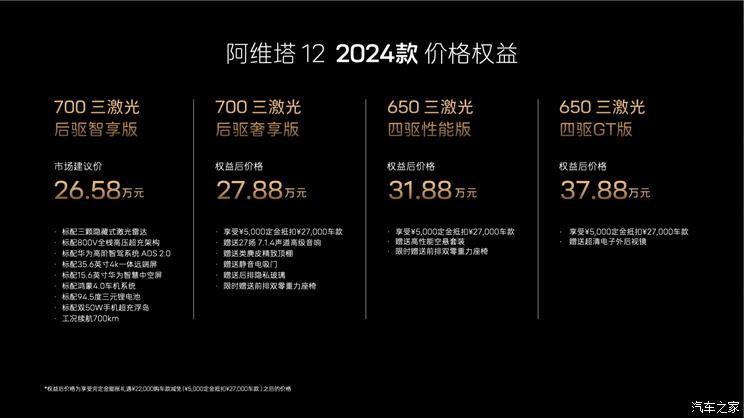
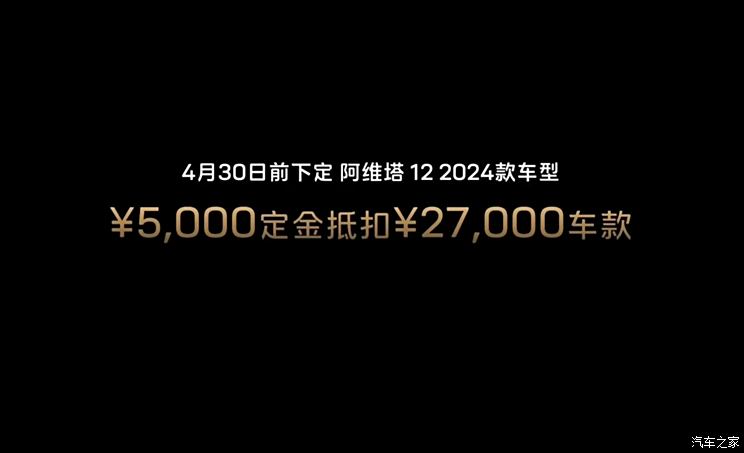
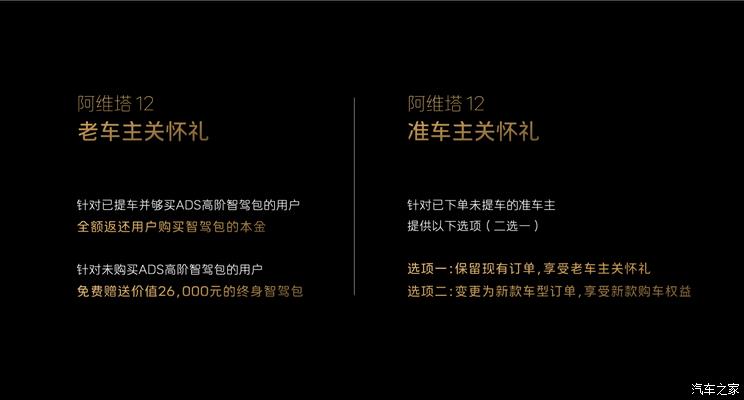
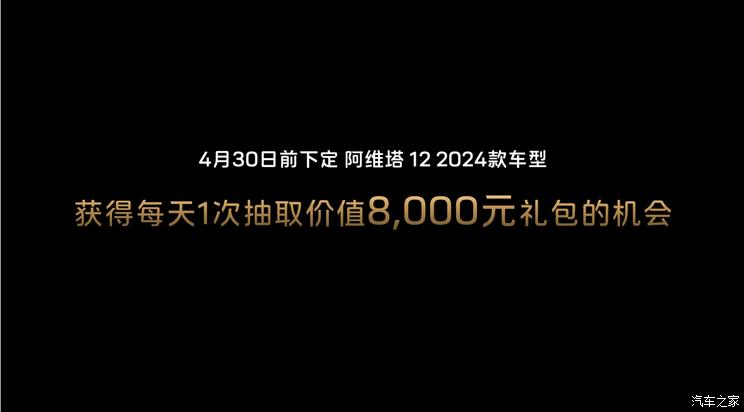

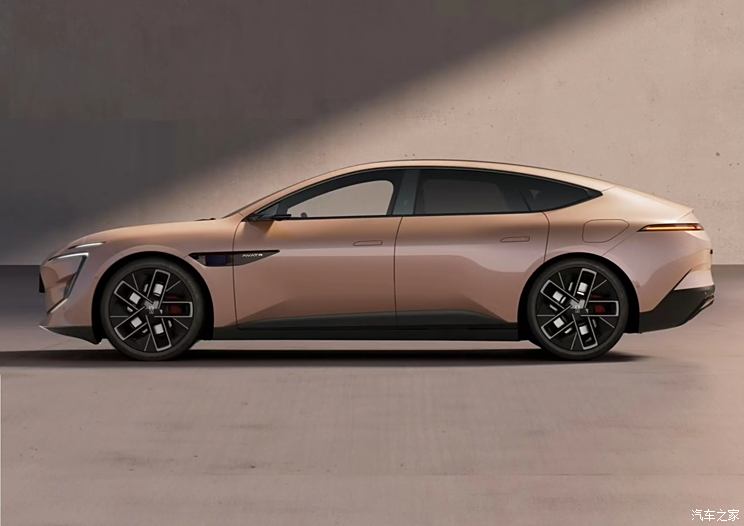

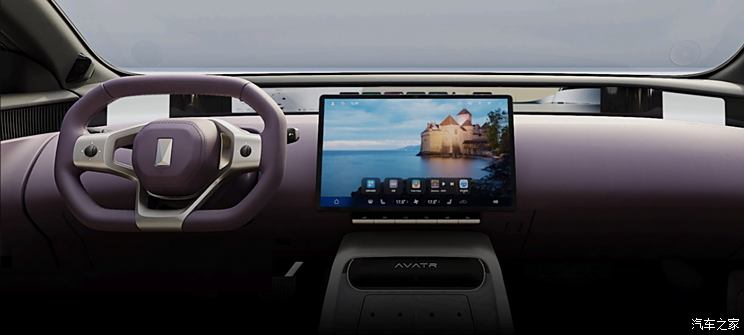
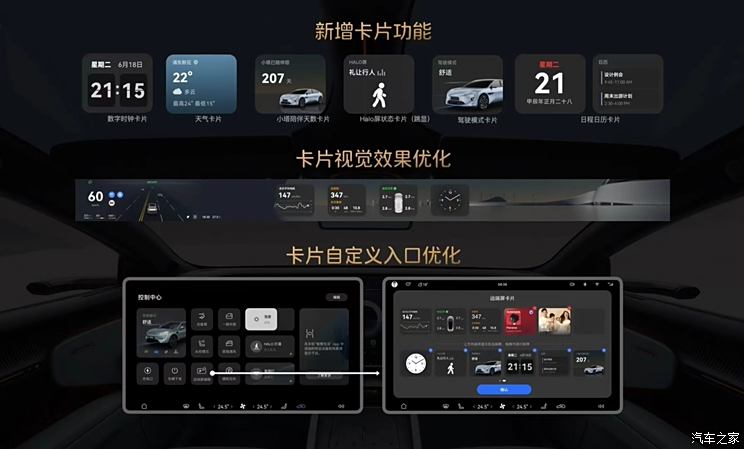
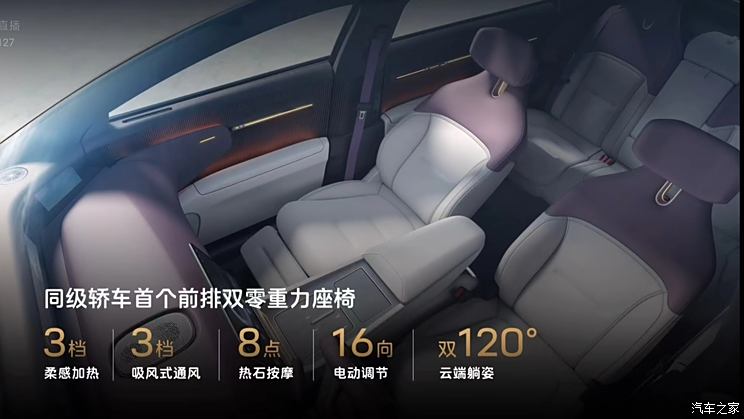
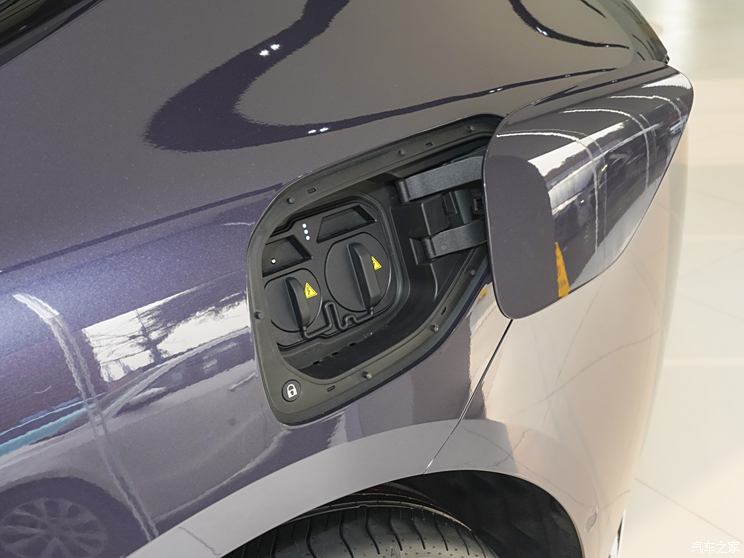
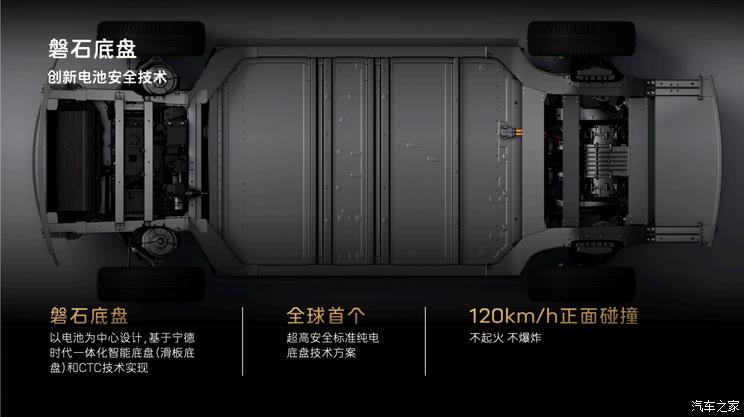
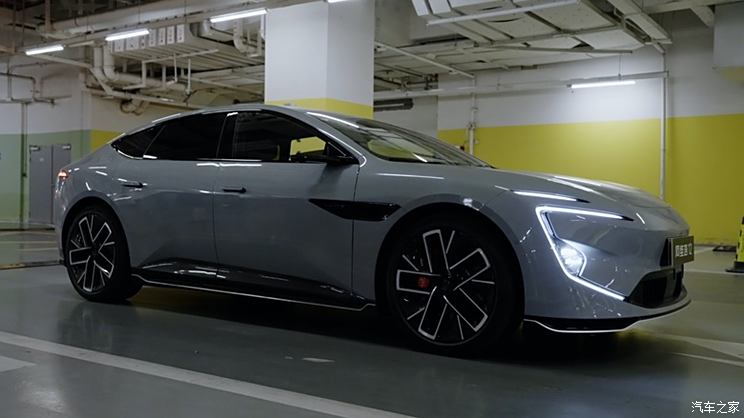
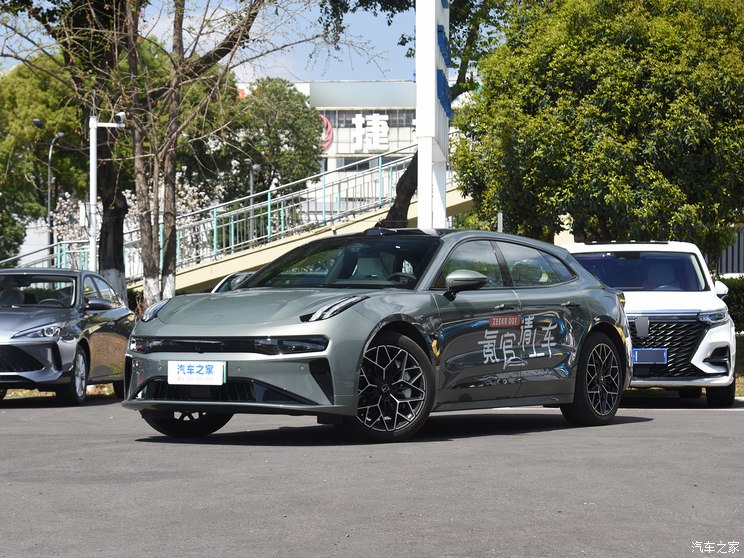
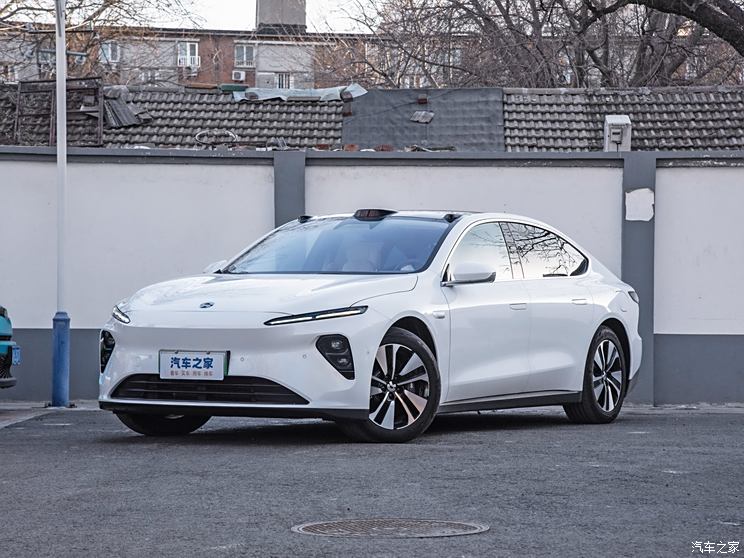

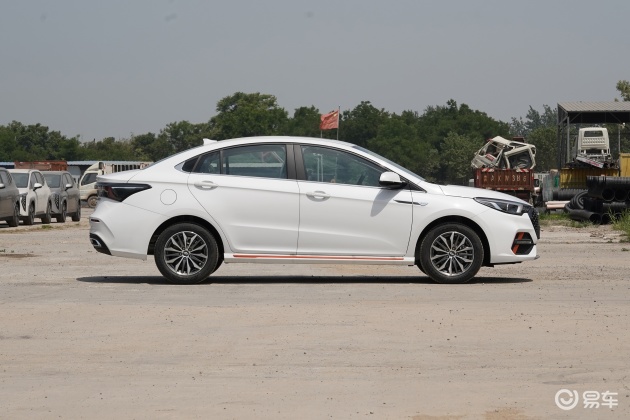
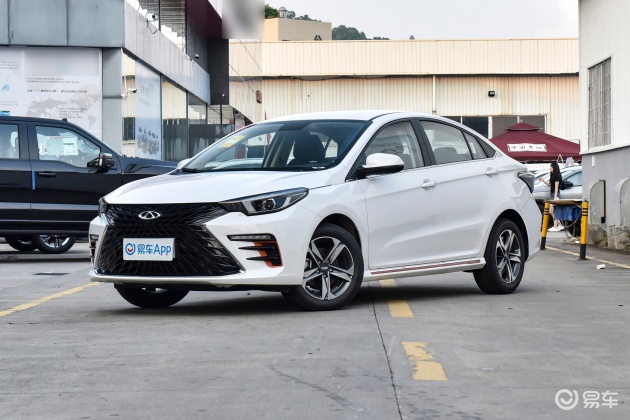
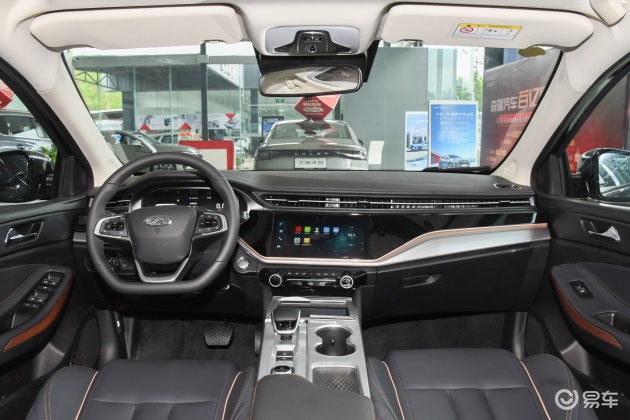
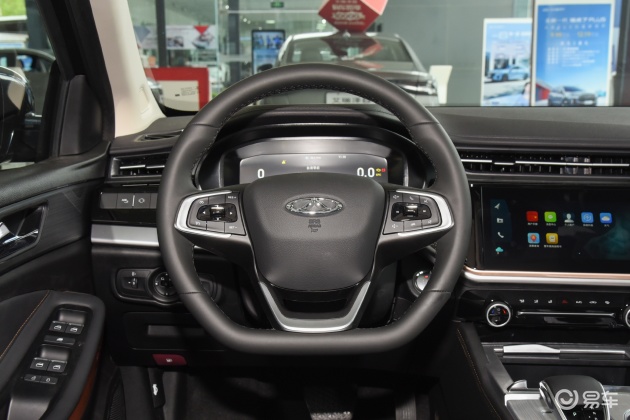
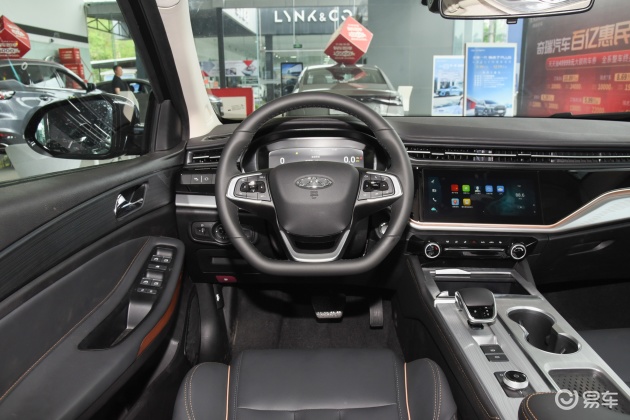
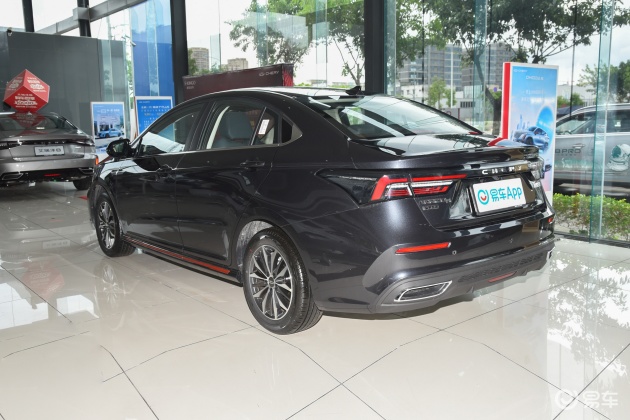
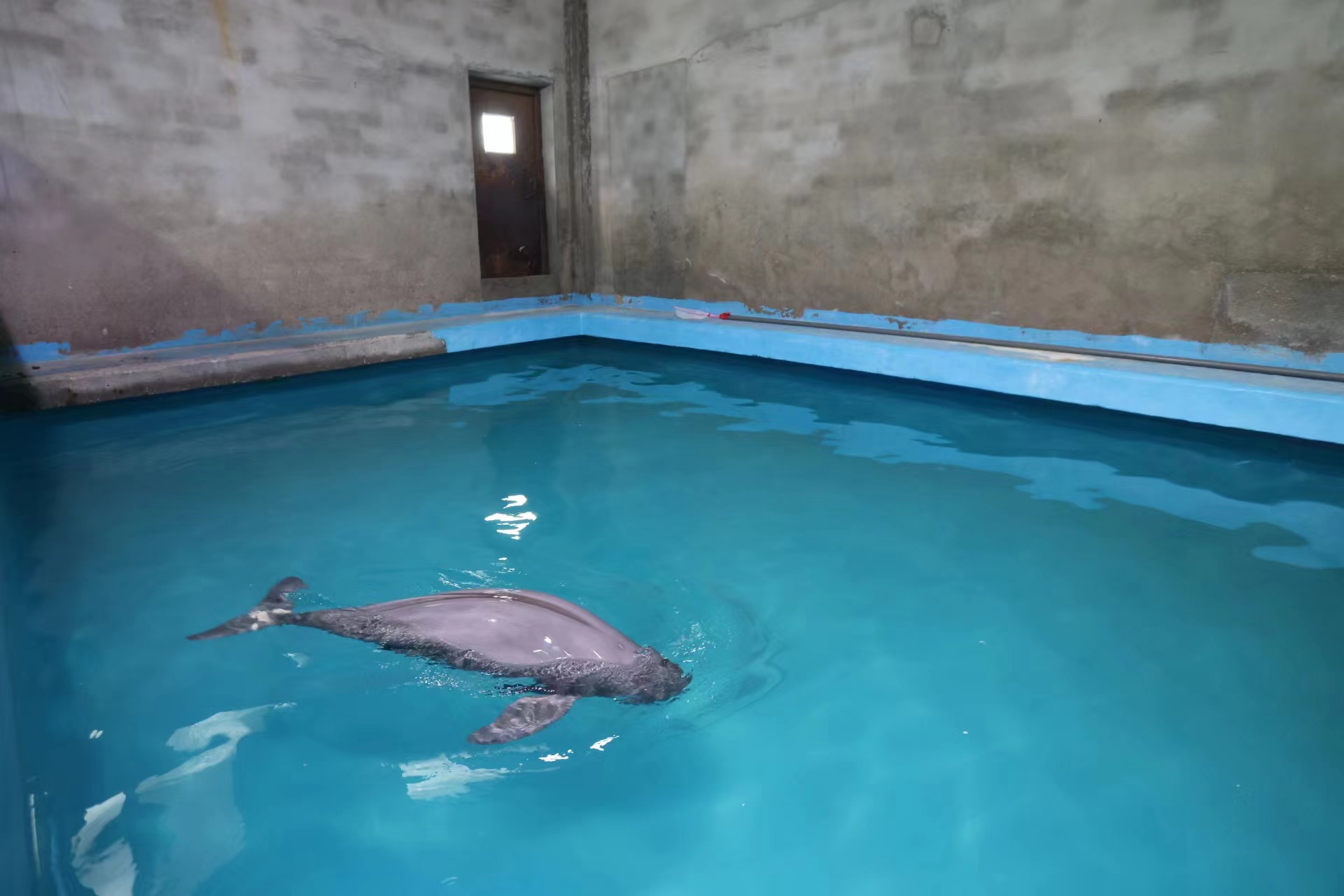 Nanjing Daily/Purple Mountain News reporter Duan Renhu photo
Nanjing Daily/Purple Mountain News reporter Duan Renhu photo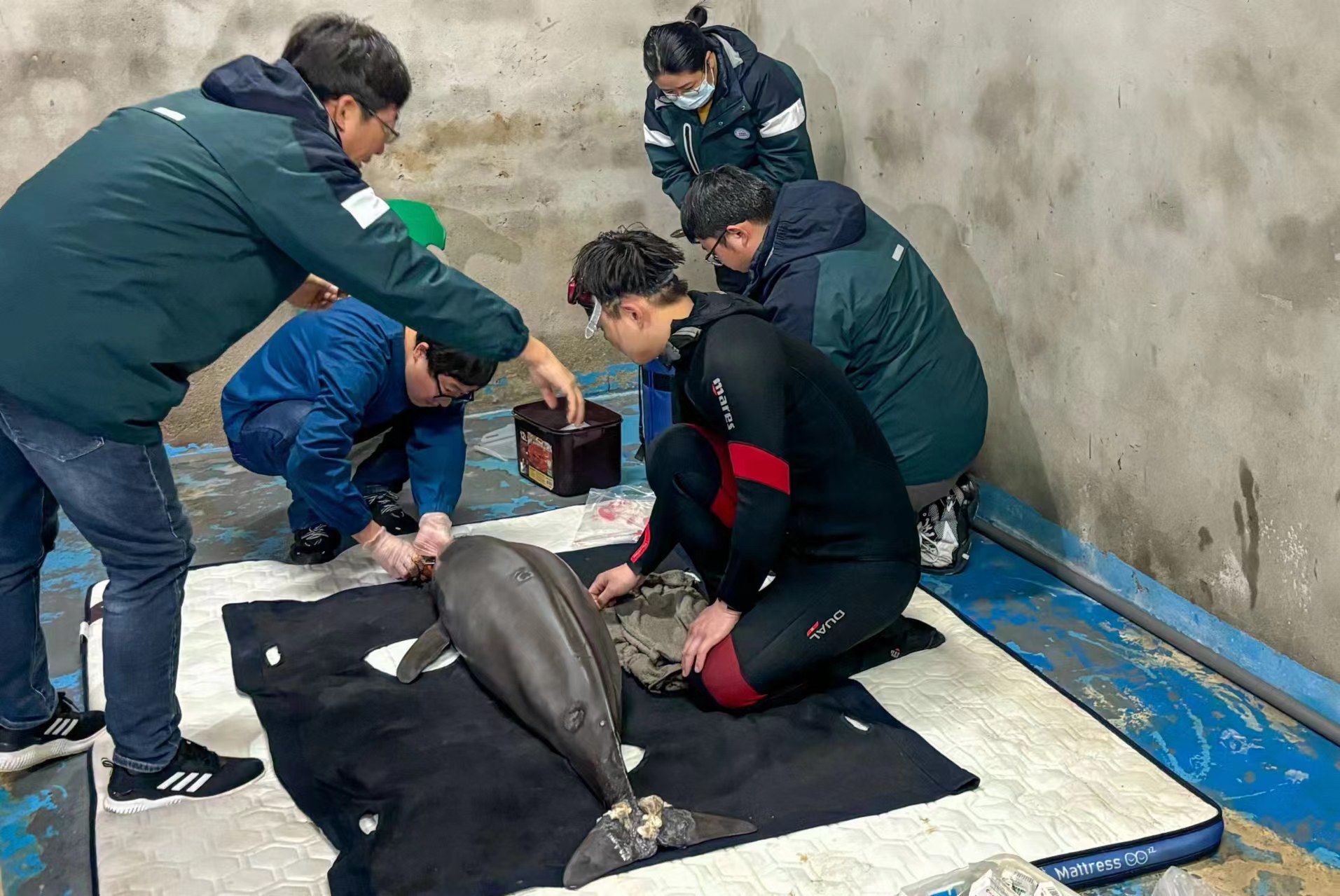 Nanjing Daily/Purple Mountain News reporter Duan Renhu photo
Nanjing Daily/Purple Mountain News reporter Duan Renhu photo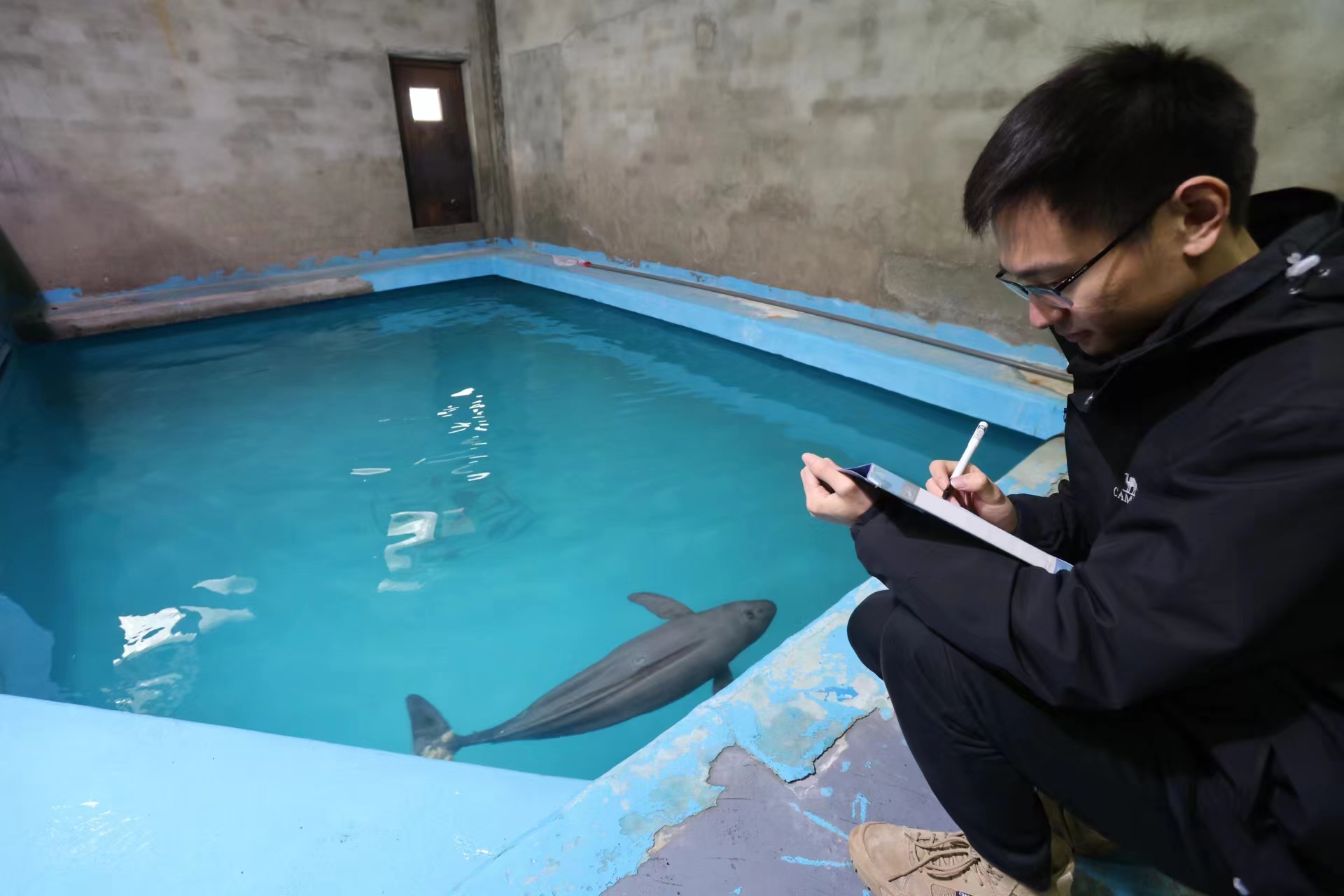 Nanjing Daily/Purple Mountain News reporter Duan Renhu photo
Nanjing Daily/Purple Mountain News reporter Duan Renhu photo

